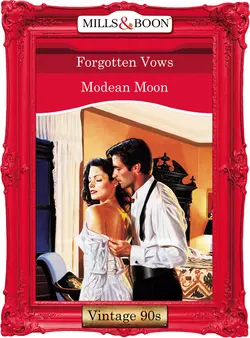Forgotten Vows

Modean Moon
Тип: электронная книга
Жанр: Современные любовные романы
Язык: на английском языке
Стоимость: 458.46 ₽
Статус: В продаже
Издательство: HarperCollins
Дата публикации: 16.04.2024
Отзывы: Пока нет Добавить отзыв
О книге: CELEBRATION 1000 The Wedding Night A RUNAWAY BRIDE?Jennifer couldn′t remember the man she′d married only months ago, or the circumstances that had separated them on their wedding night. Edward Carlton claimed they were legally wed, but her amnesia had caused the man she′d once vowed to love to become a stranger.Edward thought that Jennie had abandoned him, but once she was in his arms she knew she would never have left willingly. And as a web of deceit tightened around her, Jennie realized that learning the truth about her past could be very dangerous indeed.THE WEDDING NIGHT: The excitement began when they said «I do.»CELEBRATION 1000: Come celebrate the publication of the 1000th Silhouette Desire, with scintillating love stories by some of your favorite writers!